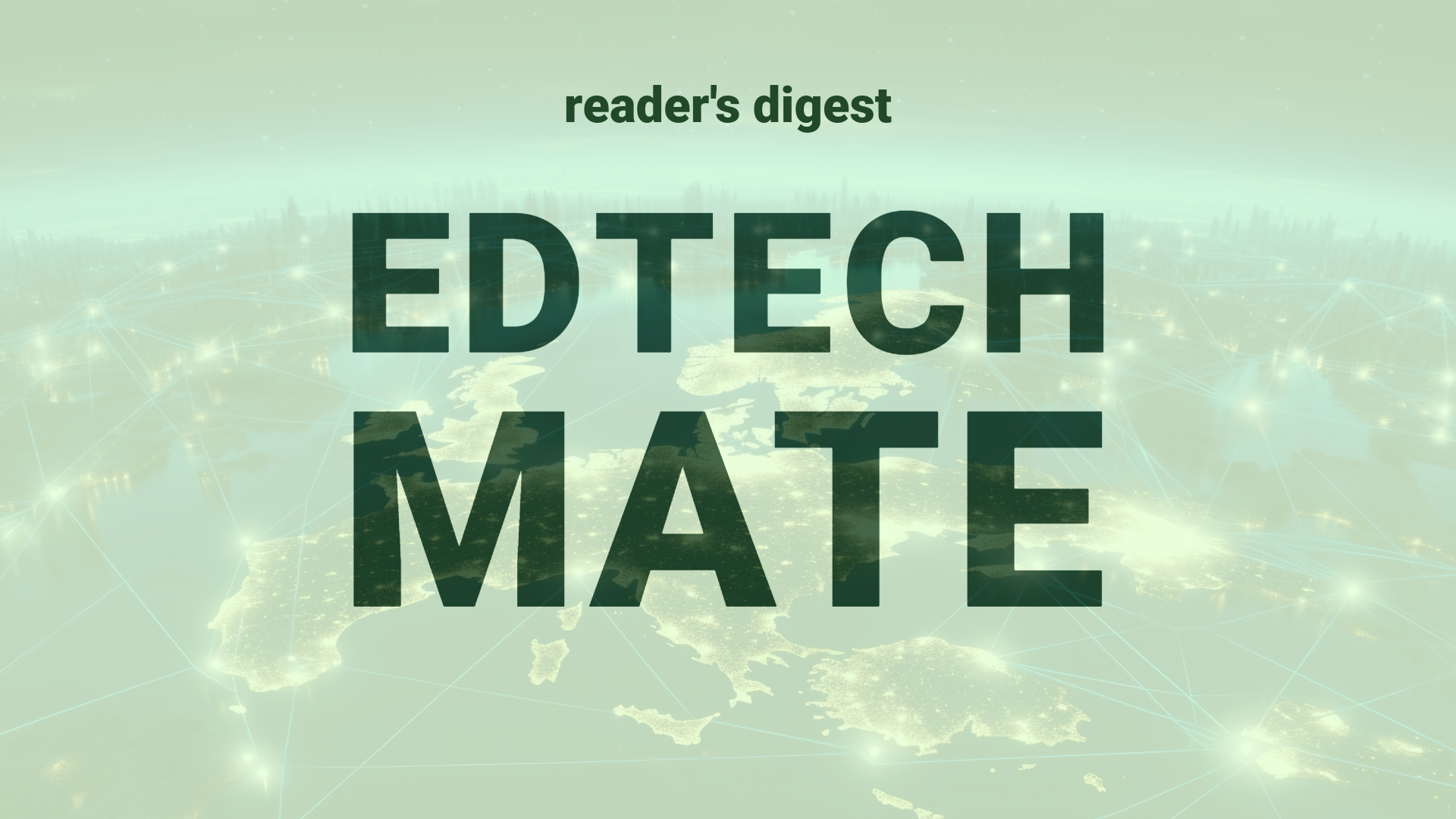Executive Summary and Main Points
Eric Kutcher of McKinsey & Company engages with Ririek Adriansyah and Vikram Sinha, CEOs of Indonesia’s top telecommunications providers, Telkom Indonesia and Indosat Ooredoo Hutchinson, respectively. The conversations spotlight Indonesia’s inclusive growth challenges, considering its archipelagic structure and digital transformation opportunities. Kutcher, Adriansyah, and Sinha discuss the digital economy, its expansion into Tier-2 and Tier-3 cities, and support for micro, small, and medium enterprises (MSMEs) which accounts for 60% of GDP. They emphasize the need for digitization as a means for empowering the population, emphasizing two focal points: human capital transformation and women’s empowerment, which can significantly boost GDP and workforce participation. The role of digital technology, especially AI, is heralded as a pivotal catalyst for inclusive and sustainable growth, with specific attention to the potential in education, healthcare, and economic opportunity through connectivity and digital tools.
Potential Impact in the Education Sector
Digitally-fueled growth strategies directly impact Further and Higher Education by offering remote and interactive learning environments, overcoming geographic barriers. Telecommunications play a crucial role in increasing access to quality education through broadband connectivity. The empowerment of the MSME sector with digital tools constitutes a growing area for practical learning experiences and internships, fostering university-industry partnerships. The advancement of Micro-credentials can flourish with digitalization, allowing individuals to gain specialized skills demanded by a rapidly evolving economy. Strategic partnerships, especially with tech firms and telecommunications companies, can therefore be an engine for digital upskilling and capacity building in institutions of higher learning.
Potential Applicability in the Education Sector
Innovative applications of AI and digital technologies in global education systems facilitate personalized learning experiences and expanded reach. AI-driven analytics can offer tailored educational pathways, while virtual reality (VR) and augmented reality (AR) tools can enrich curriculum delivery, especially for remote learners. Leveraging the growth of digital infrastructure can enable universities to collaborate across borders, creating global classrooms and sharing resources. Furthermore, the introduction of digital marketplaces for intellectual services can facilitate faculty and student engagement with the MSME sector, linking academic research with practical business solutions.
Criticism and Potential Shortfalls
Despite the optimistic outlooks, several challenges exist. The high costs of infrastructural development across vast regions and the affordability of devices can be prohibitive barriers to entry. Cultural and ethical considerations, such as locally relevant content and digital literacy, require nuanced approaches. Moreover, equity in access must account for regions with limited digital penetration and varying levels of education. International case studies demonstrate the need for inclusive practices, mindful of preserving linguistic and cultural diversity. Ethical concerns around data privacy and AI’s implications on employment ecologies are also areas requiring careful consideration.
Actionable Recommendations
For effective implementation of these technologies, policymakers and international education leaders should consider a multi-stakeholder approach. Collaborative ventures between technology providers, educational institutions, and governments could focus on creating accessible digital platforms and scaling up existing infrastructure. Scholarship and device subsidy programs, specifically aimed at underprivileged populations, would be essential in fostering inclusivity. Investment should be directed towards teacher training in digital pedagogy to maximize the potential of digital tools. Continuous monitoring of global trends, coupled with agile adaptation and strategic foresight in policy-making, will be integral in effectively harnessing digital transformation in support of global higher education dynamics.
Source article: https://www.mckinsey.com/featured-insights/future-of-asia/how-two-telcos-in-indonesia-are-bringing-inclusivity-to-17500-islands

